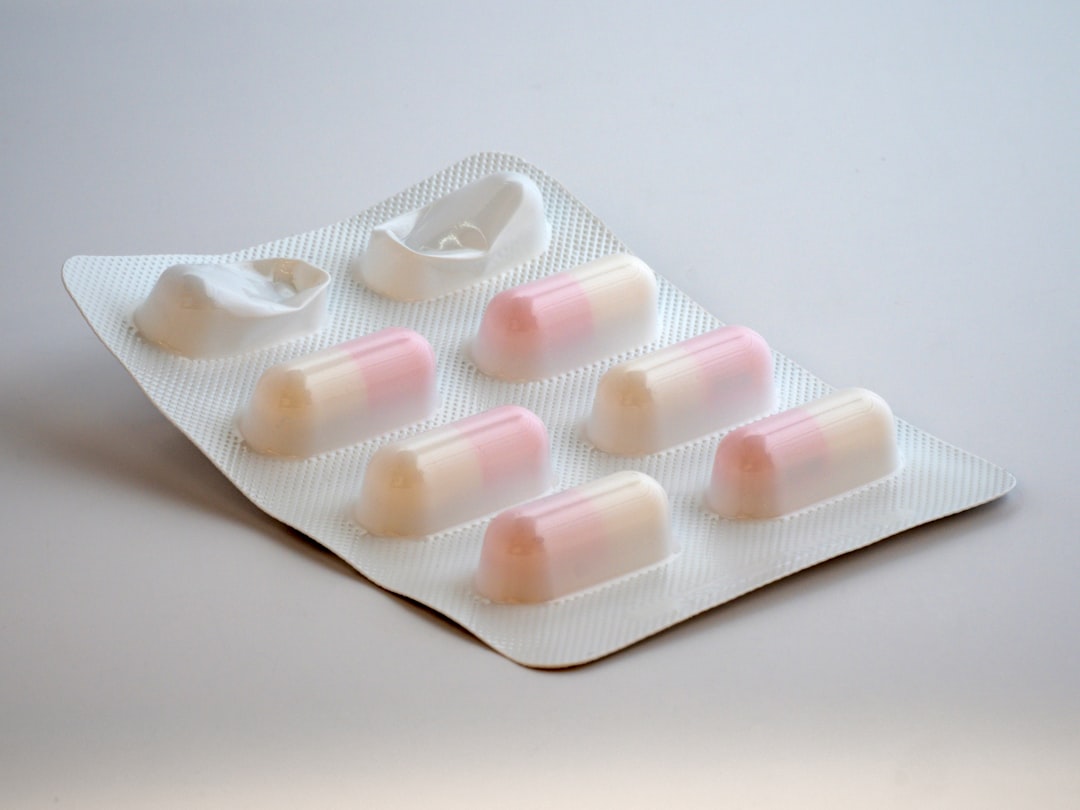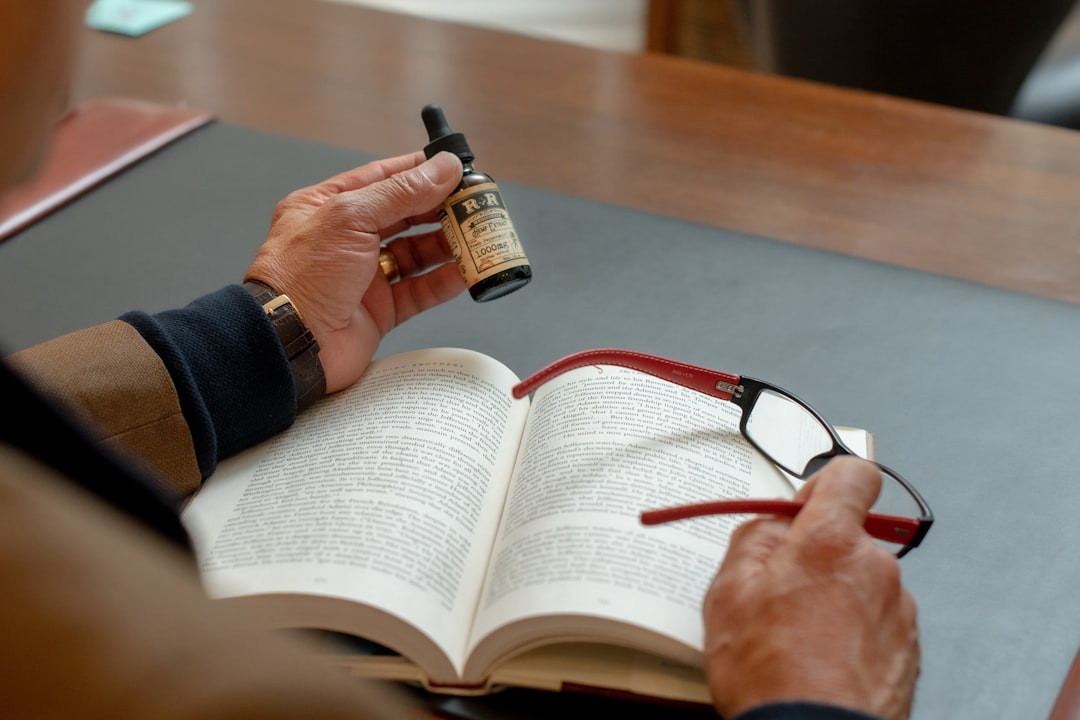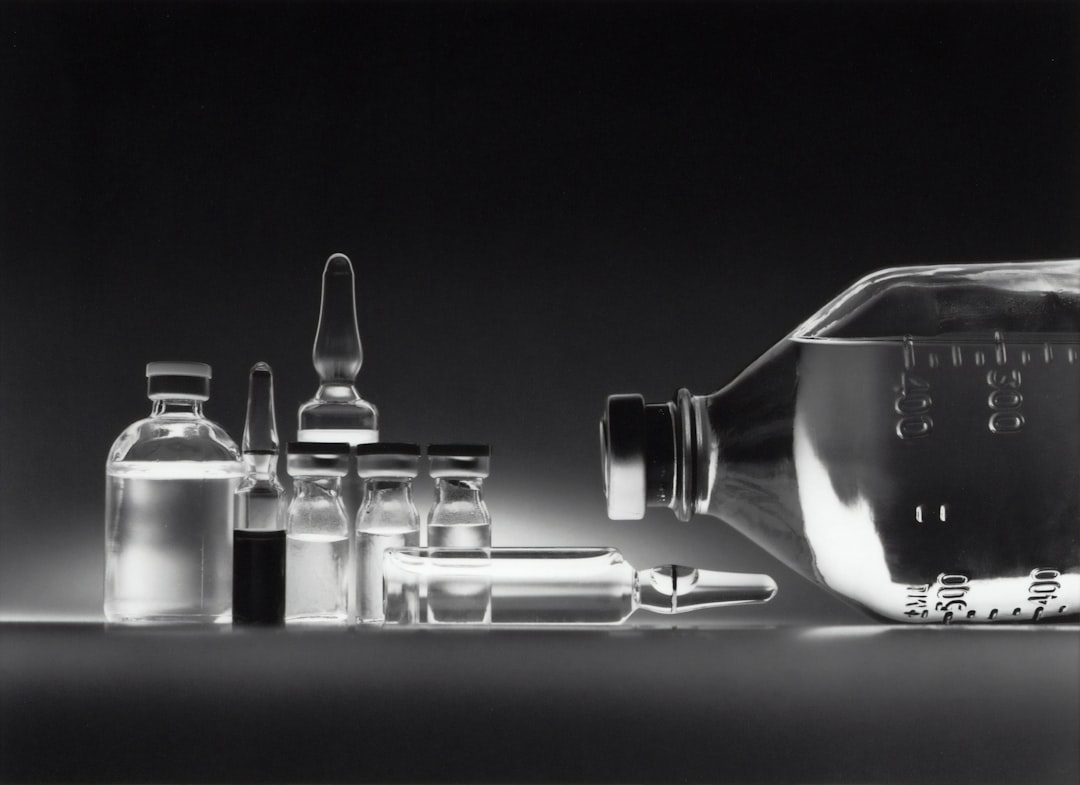What is it about?
Repeated severe alcohol binges in alcoholics cause brain damage. We find with rat brain slices that one of alcohol's neuronal damage pathways could involve increases in a nuclear DNA-repair enzyme, PARP-1, which typically is a response to DNA damage by alcohol. However, overactive PARP-1 paradoxically causes neurodegeneration by complicated mechanisms. One of these may be via PARP causing big changes in "downstream" enzymes that cause release pro-inflammatory, oxidative stress-inducing brain omega-6 fatty acids, while depleting brain's protective anti-inflammatory omega-6 fatty acids.
Featured Image
Why is it important?
More insight into the mechanisms caused by binge alcohol abuse in alcoholics could lead to brain-protective treatments during detoxification therapies.
Perspectives
This alcohol study by my excellent coworkers for the first time links the activity of an important nuclear enzyme, PARP, to brain neuroinflammation triggered by endogenous omega-6 and omega-3 polyunsaturated fatty acids, and so it opens up the future possibility of repurposing PARP inhibitors in alcohol detoxification therapy in order to protect the brain during withdrawal.
Professor Michael Aldis Collins
loyola school of medicine
Read the Original
This page is a summary of: PARP Inhibition Prevents Ethanol-Induced Neuroinflammatory Signaling and Neurodegeneration in Rat Adult-Age Brain Slice Cultures, Journal of Pharmacology and Experimental Therapeutics, January 2018, American Society for Pharmacology & Experimental Therapeutics (ASPET),
DOI: 10.1124/jpet.117.245290.
You can read the full text:
Contributors
The following have contributed to this page










